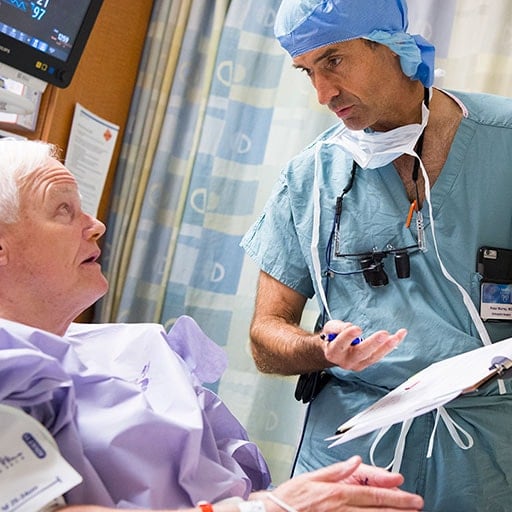- Joined
- Apr 19, 2010
- Messages
- 6
- Reaction score
- 0
I actually found a surgeon who has done this. My question is, do you get dropped into the middle of the second residency or do you start at the beginning and have to do all 5-7 years?
Lets say you did orthopedics first and then did a spine fellowship(they have spine fellowships where you learn both orth/neuro style spine surgeries). You now can do 50% of of what a neurosurgeon can do-neuro spine. So for the second residency (neurosurgery) do you get advanced placement into the surgerical years PGY-6 and PGY-7?
A different question: Without even doing the second residency in neurosurgery, just ortho residency and spine fellowship: can you take the boards for neurosurgery-since your are trained in do neuro-spine style surgery?
If your spine fellowship trains you in neuro spine (entering the dura) can you take neurosurgery boards without doing neurosurgey residency?
Christopher Shaffrey, MD | Neurosciences | UVA
Burak M. Ozgur, MD
Lets say you did orthopedics first and then did a spine fellowship(they have spine fellowships where you learn both orth/neuro style spine surgeries). You now can do 50% of of what a neurosurgeon can do-neuro spine. So for the second residency (neurosurgery) do you get advanced placement into the surgerical years PGY-6 and PGY-7?
A different question: Without even doing the second residency in neurosurgery, just ortho residency and spine fellowship: can you take the boards for neurosurgery-since your are trained in do neuro-spine style surgery?
If your spine fellowship trains you in neuro spine (entering the dura) can you take neurosurgery boards without doing neurosurgey residency?
Christopher Shaffrey, MD | Neurosciences | UVA
Christopher I Shaffrey, MD, FACS graduated magna cum laude from The Citadel in 1982 with B.S. degree in Biology. He played varsity basketball and was the co-captain his senior year. In 1986, Dr. Shaffrey received his medical degree from the University of Virginia. He completed his general surgical internship at Naval Hospital San Diego in 1987 where he was named the surgical intern of the year. He completed both neurosurgical and orthopaedics residencies at the University of Virginia. A spine fellowship in pediatric and adult reconstructive spine surgery was completed in 1995.
Following completion of his surgical training he was appointed to the senior staff in the Departments of Neurological Surgery and Orthopaedic Surgery at Henry Ford Hospital where he was actively involved in treating members of Detroit’s college and professional athletic teams. In 1999, Dr. Shaffrey was appointed Associate Professor of Neurological Surgery and Adjunct Associate Professor of Orthopaedic Surgery and Sports Medicine at the University of Washington in Seattle. In 2003, he returned to the University of Virginia as Professor of Neurological Surgery and Director of the Neurosurgery Spine Division. In 2008, he was named Harrison Distinguished Teaching Professor of Neurological and Orthopaedic Surgery. In 2013, Dr. Shaffrey was named the John A. Jane Professor of Neurological Surgery. Dr. Shaffrey is board certified in the fields of Neurological Surgery and Orthopaedic Surgery.
Burak M. Ozgur, MD
Burak M. Ozgur, MD is a neurosurgeon at the Cedars-Sinai Spine Center. He is double board-certified by the American Board of Neurological Surgery and the American Board of Spine Surgery and is fellowship trained in combined spinal neurosurgery and orthopaedic spine surgery. Dr. Ozgur specializes in spinal surgery: spinal cord tumors, spinal trauma, complex instrumentation and minimally invasive spine surgery. He has a strong interest in leading-edge minimally-invasive spine surgery development and research.




